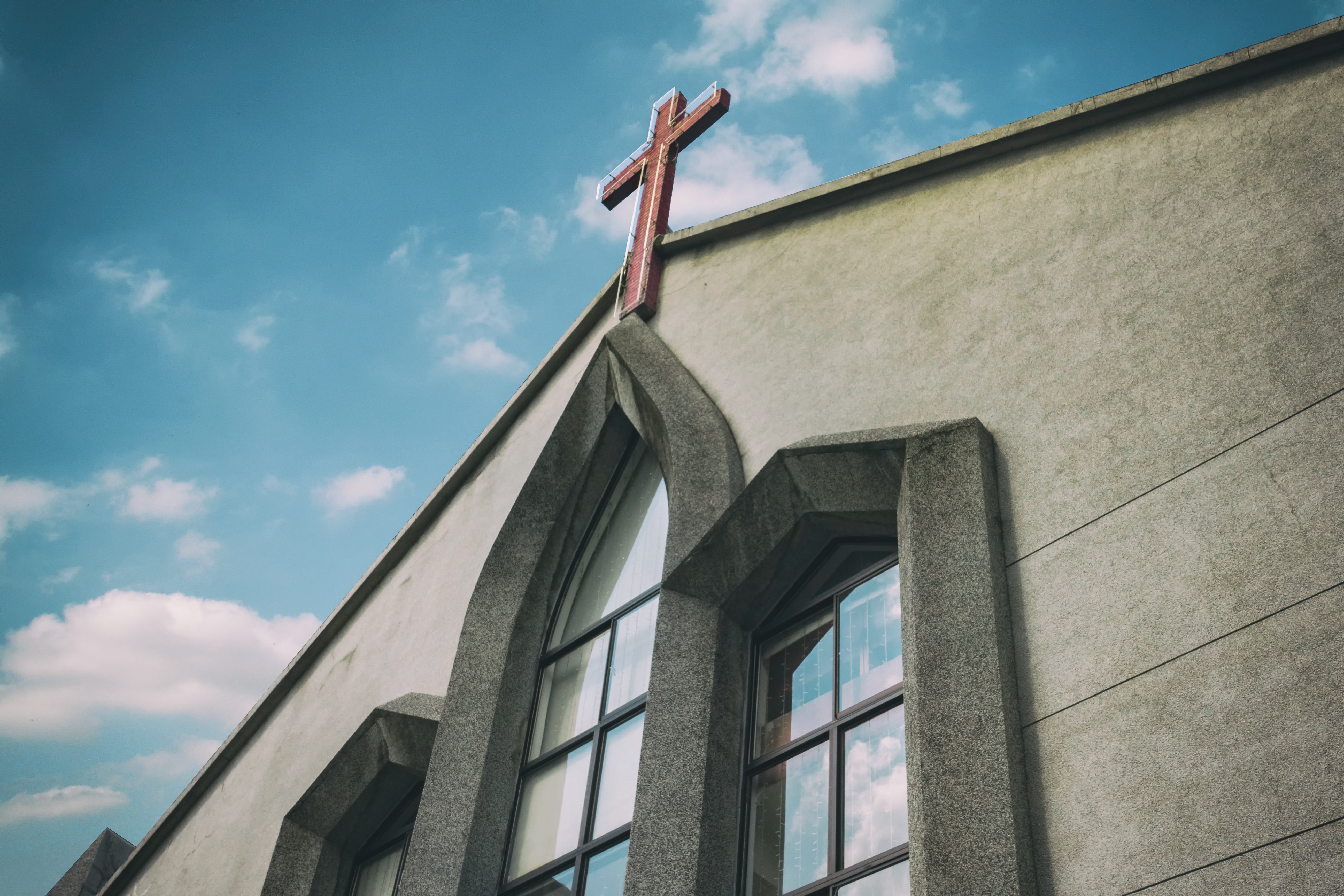
A group of police officers broke into a Church in China’s Fujian province last week, intimidated the church goers, stopped the liturgy and shut down the building.
The police claimed that they were there to “enforce the laws,” but they entered the building without the consent of the church and without any official documentation stating they could. The Pastor asked if they would be willing to speak with him after the service since it was then ongoing, but they shouted that it should be stopped, people should leave, and no one should attend church there anymore.
In the midst of the chaos, one mother attempted to flee with her one-year-old child, but a female government agent intercepted and chastised her. One of the attendees attempted to stand between the mother and the officer, but she bullied him. The two eventually left safely, but the child’s eye was hurt in the process.
As the church members attempted to leave, the authorities closed the door and demanded to see their identification and other personal information.
A report on the incident was publicised by ChinaAid, a group that exposes abuses, such as those suffered by the members of Yongfu Church, in order to stand in solidarity with the persecuted and promote religious freedom, human rights, and rule of law.
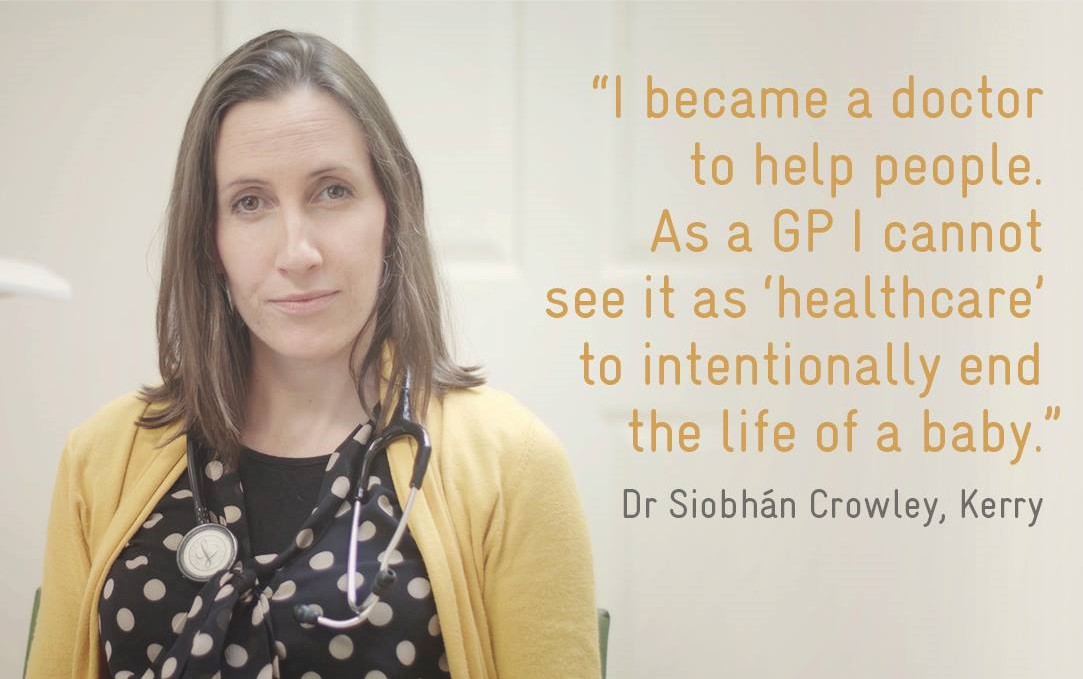
Doctors concerned at the Government’s plans for a GP-led abortion regime seem set to secure an extraordinary general meeting (EGM) of the Irish College of General Practitioners (ICGP) to change the organisation’s policy on abortion. It is understood that the ICGP has now received 600 signatures, amounting to about 20pc of members in good standing.
Doctors seeking the meeting want it to consider motions which, among others, would state that “routine general practice was not the appropriate setting in which to deliver an abortion service and consider a clinical setting, external to general practice, more appropriate for the provision of abortion services”.
They also want the ICGP to adopt a policy to favour “an opt-in system whereby GPs who wish to deliver abortion services receive adequate training, are sustained in their competence and can be subject to audit in keeping with international standards of governance”.
They also want a motion passed under which the ICGP would “agree unequivocally to support the right of all doctors to the effective exercise of freedom of conscience, within the professional context, with regards to abortion including no obligation to refer patients for termination of pregnancy”.
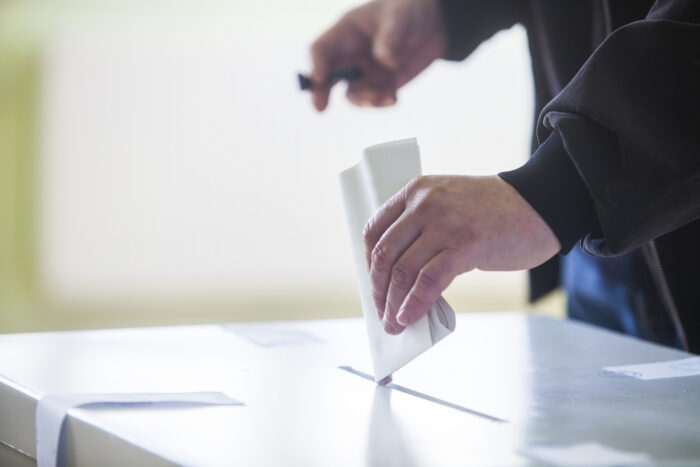
The referendum to remove the offence of blasphemy from the constitution was passed with 64.85 per cent having voted Yes, while 35.15 per cent voted No. The vote happened as the European Court of Human Rights upheld an Austrian law against blasphemy.
In all the Dublin constituencies the Yes vote was over 70 per cent, with the highest in Dublin Bay South, where 76.4 per cent voted Yes. Next was Dun Laoghaire, where 75.3 per cent voted Yes.
Welcoming the result, Minister for Justice Charlie Flanagan said Ireland is ‘rightly proud of our reputation as a modern, liberal society’ and ‘We have again sent a message to the world, a strong message that laws against blasphemy do not reflect Irish values and that we do not believe such laws should exist.’
In a brief statement the Catholic bishops said, with the offence of blasphemy gone, “it is vital to ensure that the rights of individuals and communities to practise and live out their faith openly are protected by our law”.
The promotion of “freedom of religion, and the freedom of conscience – for all in society – greatly enriches the social fabric of a country, and is one aspect of respect for the dignity of human persons,” they said.
Commenting on the result, the Irish Times religious affairs correspondent, Patsy McGarry asked why we should ‘stop there?’ He suggested further referendums to remove every reference to God, and changing every use of ‘man’ to ‘citizen’, to make the constitution a truly ‘inclusive’ and a ‘purely legal document’.

A Belfast woman has won High Court approval to challenge Northern Ireland’s strict abortion laws.
Sarah Ewart’s lawyers argued that the current regime breaches Article 8 of the European Convention on Human Rights, dealing with entitlements to private and family life. They also contended that the legislation is having a “chilling effect” on anyone considering assisting in an abortion as doctors could be left fearing potential life imprisonment if they become involved, the court heard.
Earlier this year Britain’s supreme court concluded that abortion laws in the North are incompatible with human rights law. But the court still rejected the case because the party who brought it, Northern Ireland’s Human Rights Commission, did not have the necessary legal standing.
Mrs Ewart has now brought a case in her own name, as a woman directly affected by the abortion legislation,
Mr Justice McCloskey ruled on Wednesday that she has established an arguable case against the Departments of Justice and Health at Stormont.

The Australian state of Tasmania is set to completely remove gender from birth certificates. The move is being hailed as a step forward for the State’s transgender residents but is being criticised by feminists.
The bill is expected to be put to a vote in Tasmania’s lower house next month, according to The Australian. The proposed change comes as part of amendments to a bill that puts an end to transgender people having to divorce before than can get their gender changed on official documents.
A spokesperson for the group Women Speak Tasmania, however, said there is a need to “protect the integrity of the historical record contained in birth certificates” by keeping gender markers.
“Birth certificates are historical records that serve a number of demographic functions and inform both government policy and legislation on a wide range of areas,” Ms Williams said in a statement.
She said laws where “biological males can be declared legally female” are impeding on women’s rights.

Americans who have only ever slept with their spouses are most likely to report being in a “very happy” marriage, a sociologist at the University of Utah in the US has found. Meanwhile, the lowest odds of marital happiness—about 13 percentage points lower than the one-partner women—belong to women who have had six to 10 sexual partners in their lives. For men, there’s also a dip in marital satisfaction after one partner, according to Nicholas Wolfinger of the Institute for Family Studies.
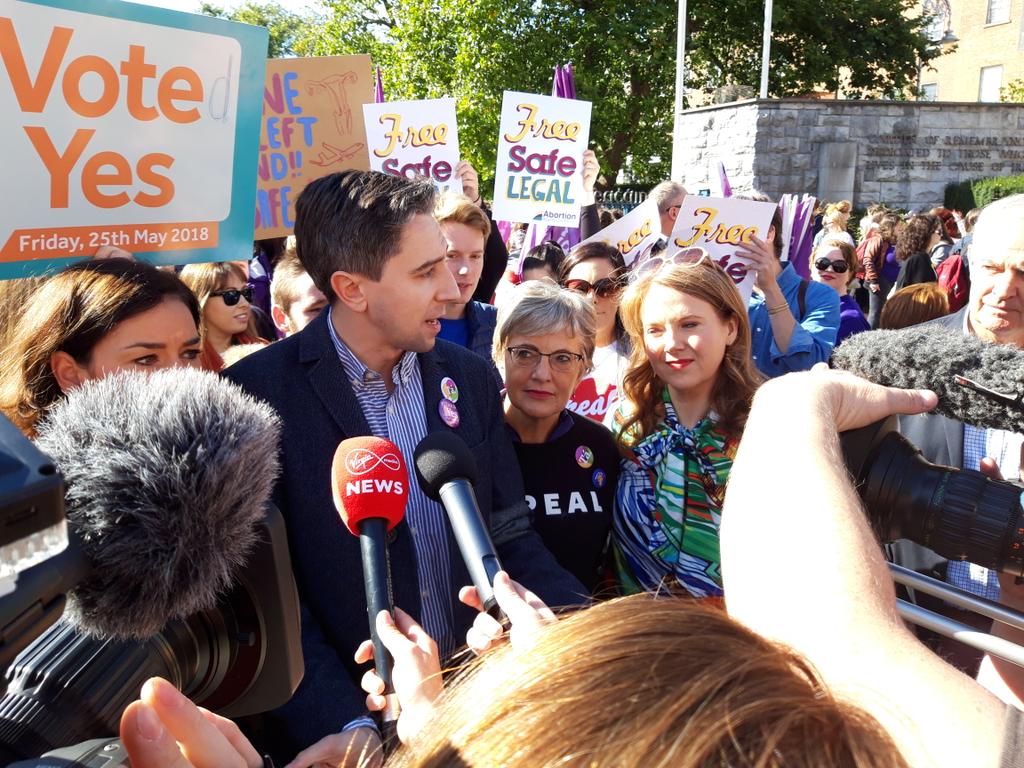
Abortion legislation passed the second stage of the Dáil’s legislative process yesterday by 102 votes to 12 with seven abstentions. It now goes to the committee stage for closer scrutiny. The margin was far bigger even than the two to one vote in the May referendum.
The vote will be remembered as one of the saddest days in the history of the nation said Dr. Ruth Cullen of the Pro Life Campaign. Commenting after the vote, she said: “It is the day that a majority of the Dáil have voted to usher in an abortion regime that permits the killing of unborn babies through every stage of pregnancy. We know from history that when big majorities vote to strip vulnerable groups in society of all their rights under the law, it is usually celebrated and hailed in the immediate aftermath. But over time, the injustice and barbarity of the changes to the law become apparent.”
The TDs who voted NO to the Abortion Bill today are as follows: Minister Seán Canney IND, Michael Collins IND, Michael Fitzmaurice IND, Peter Fitzpatrick IND, Danny Healy-Rae IND, Michael Healy-Rae IND, Michael Lowry IND, Marc McSharry FF, Mattie McGrath IND, Carol Nolan IND, Eamon O’Cuiv FF and Peadar Tóibin SF.
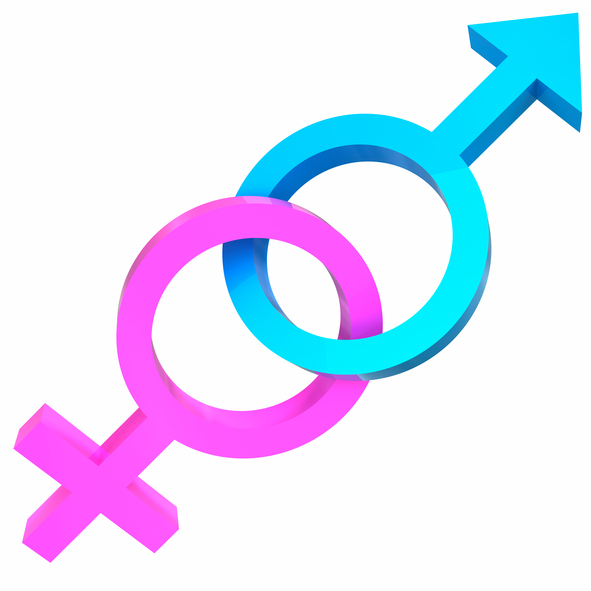
The US Department of Health and Human Services is set to define gender “on a biological basis that is clear, grounded in science, objective and administrable,” according to a leaked memo reported by the New York Times. The move would reverse a decision in the final months of the Obama administration that had radically redefined sex as grounded in a subjective sense of self as dictated by gender ideology. The new codification would be applied for the purposes of Title IX, a federal law that bans gender discrimination in education programs that receive federal financial assistance.
“In the last months of the Obama administration, federal bureaucrats unlawfully redefined the word ‘sex’ to mean ‘gender identity,’ and then imposed a radical bathroom and locker room policy on all our public schools, and said that doctors who declined to perform sex ‘reassignment’ procedures would be guilty of discrimination,” Ryan T. Anderson, a senior research fellow at The Heritage Foundation and author of “When Harry Became Sally: Responding to the Transgender Moment,” told The Daily Signal.
“Thankfully, it appears that the Trump administration has rejected Obama’s transgender agenda and understands the word ‘sex’ correctly as a bodily reality,” Anderson said.
The memo reportedly says: “Sex means a person’s status as male or female, based on immutable biological traits identifiable by or before birth. The sex listed on a person’s birth certificate, as originally issued, shall constitute definitive proof of a person’s sex unless rebutted by reliable genetic evidence.”

Half of mothers with children aged one and older believe the State does not support motherhood, according to a new survey.
The study, from parenting forum everymum.ie, shows a clear desire for more societal support for motherhood – 69 per cent believe a more flexible work culture would support mothers. Over two-thirds agree that more access to affordable childcare would be of benefit to them.
Dr Sara O’Byrne, senior clinical psychologist, said the study highlights the complexity of the role of the mother and the multiples factors that are at play in terms of family, society and career.
“What this highlights is the emotional changes that coincide with this huge life event and the need for further supports in the community and within families.”
More than a quarter of mothers say balancing children and career is their biggest challenge, while 29 per cent agree motherhood is more emotionally challenging than they expected.
The study involved 3,700 mothers across the State who were surveyed online between August 25th and September 3rd.

Sydney’s Anglican church is reportedly set to debate a policy which would prohibit buildings owned by the diocese, including schools, from hosting same-sex wedding ceremonies and receptions, or to be used for lgbt advocacy or transgender ideology.
Chair of the diocese’s Religious Freedom Reference Group, Bishop Michael Stead, said the policy “consolidates and codifies” what has always been the practice.
“The principle is simple – churches should not be compelled to use their property for purposes contrary to their doctrine,” he told SBS News.
“Along with almost 40 per cent of the Australian population, we maintain the historic position that marriage is between a man and a woman and we also maintain that freedom of religion in Australia should allow us to use our property in accordance with this belief.”
The proposed policy specifies it would be inappropriate to use church-owned property for “advocacy for transgender ideology (e.g. gender-fluidity)” and “advocacy for expressions of human sexuality contrary to our doctrine of marriage”. It also bans local Anglican boards from allowing property – such as school halls – to host same-sex marriages or receptions associated with same-sex weddings.